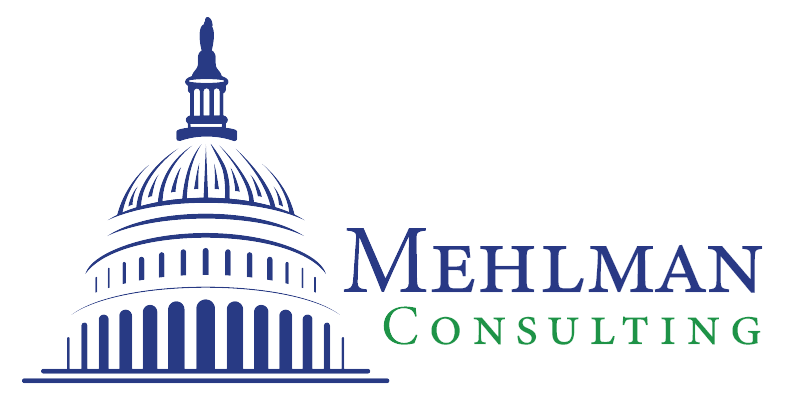NEWS
Trump Turns to Hill Vet’s Deep Lobbying Ties to Boost Tax Deal
January 6, 2025 | By Lauren Vella
Bloomberg Law
President-elect Donald Trump’s pick for the Treasury Department’s top tax adviser shows how seriously the incoming administration is about delivering on a mammoth 2025 tax bill.
Trump on Jan. 2 announced he’d picked Kenneth Kies, a veteran lobbyist and former congressional staffer from the Republican establishment. He’ll be tasked with selling a bill that both achieves the policy objectives of the president and addresses the concerns of lawmakers and their constituents.
Kies’s job will be far from easy.
Republicans won the White House, the Senate, and the House in 2024, but the trifecta of power doesn’t guarantee they’ll be able to quickly agree on tax legislation. The GOP scored a razor-thin, two-seat majority in the House, leaving very little room for defection. And factions already have emerged in the GOP over the mechanics of the upcoming bill and how to pay for it.
Congress has seen a lot of turnover in the time since the first tax bill passed and may need assistance hammering out the technical details of a big tax bill, said Sage Eastman, a former GOP Ways and Means staffer who now is a partner at Mehlman Consulting.
“When you opt for that level of experience, you’re getting somebody who can be creative with the code to solve challenges,” Eastman said. “When you have a narrowly divided Congress, that skill becomes of supreme importance.”
‘Rich, Powerful’ Clients
Steve Rosenthal, a senior fellow at the Tax Policy Center, said Kies’s 40-plus years of experience representing clients and serving in the government will be a “big plus” in getting the tax legislation across the finish line.
“Ken’s got a lot of expertise, and he’s been paid by the largest companies in America to advance their agenda, which he’s done quite successfully,” Rosenthal said. “So I think, not only is he technically capable, he actually knows the system—the process—very well.”
Kies served the GOP on the Hill during development of several major pieces of tax legislation, including big tax laws enacted in 1984 and 1986.
He was the chief Republican tax counsel to the Ways and Means Committee from 1982 to 1987. He also served as chief of staff on the Joint Committee on Taxation from 1995 to 1998, where he and Rosenthal overlapped.
The one thing that may come up during Kies’s confirmation hearing is that he’s been a lobbyist for large corporations for much of his career, Rosenthal said.
“He’s represented the rich, powerful, and so undoubtedly, his instinct, honed after many, many decades, is to favor tax policies that benefit the rich and powerful,” Rosenthal said. “Now, frankly, though, that aligns with today’s Republican Party and this president.”
Kies wasn’t reachable for comment. A spokesperson for the Trump-Vance transition team referred to the original announcement.
Big Tax Deal
Kies has worked for a variety of clients, ranging from Microsoft Corp. and the National Association of Real Estate Investment Trusts to the Kars 4 Kids charity. His recent lobbying work has focused in part on issues related to the insurance industry and charitable and nonprofit organizations, according to lobbying disclosures.
For Microsoft, Kies and Aharon Friedman, also with Federal Policy Group, lobbied Congress and Treasury on the research and development tax credit and other international tax provisions, according to Federal Policy Group’s most recent lobbying disclosure report for the company, for the third quarter of 2024.
Kies and Friedman lobbied Congress on tax issues relating to rules on passive foreign investment companies, or PFICs, according to Federal Policy Group’s disclosure form. PFICs are foreign companies that derive their income from passive sources such as dividends and royalties; Treasury and the IRS proposed rules on PFICs in 2022 that affect insurance companies.
A slew of provisions in Republicans’ 2017 Tax Cuts and Jobs Act, which Trump signed during his first administration, are set to expire at the end of this year.
The package was costly and passed through an arcane congressional process called budget reconciliation to override a 60-vote legislative filibuster.
This year, Congress is eyeing yet another budget reconciliation package, requiring them to follow a set of complicated rules—something Kies understands.
Kies “possesses a rare combination of political and policy and technical acumen,” said Jonathan Traub, leader of tax policy at Deloitte’s Washington National Tax Practice and a former GOP tax aide.
